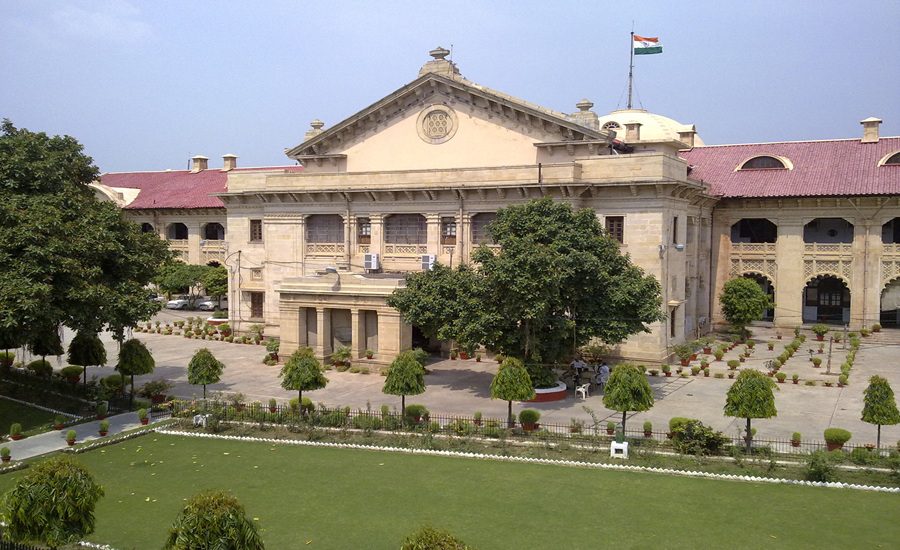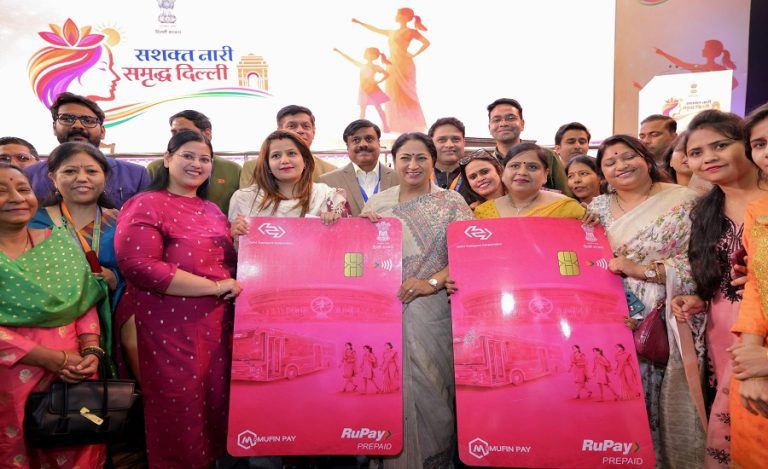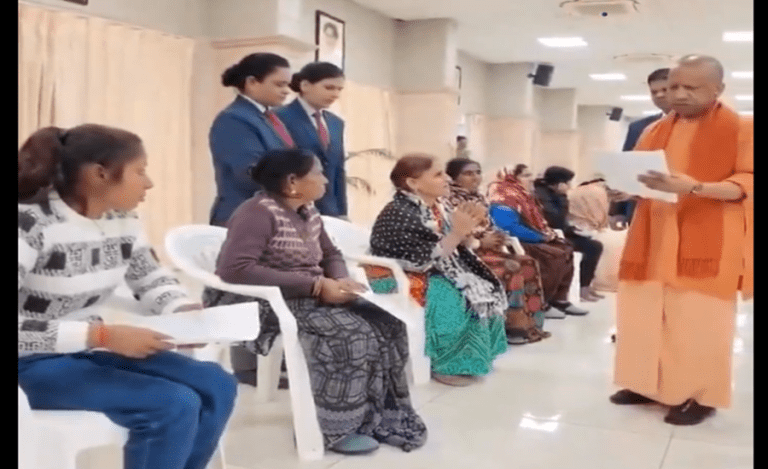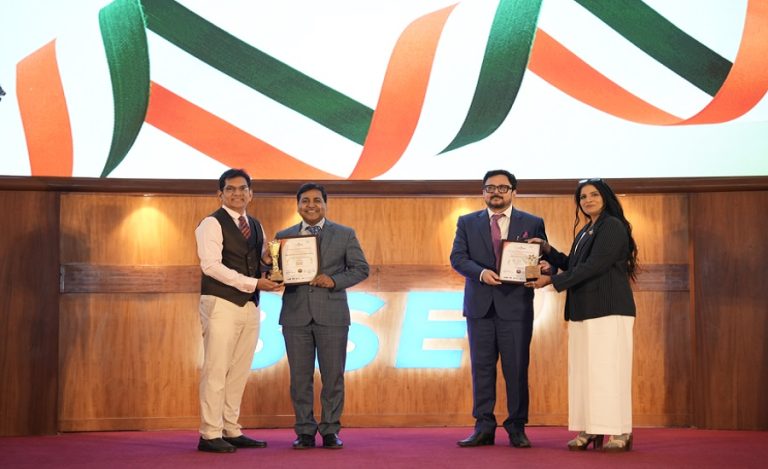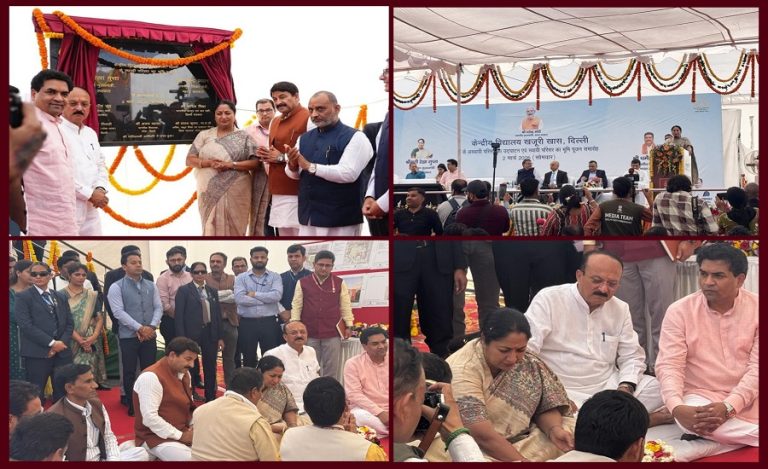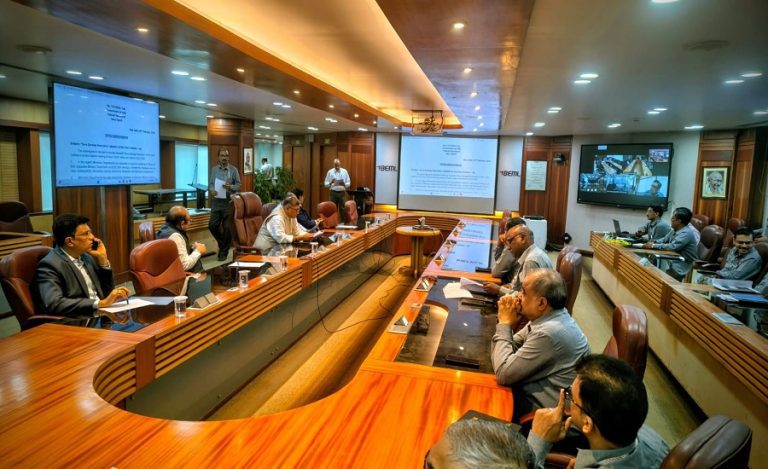Lucknow/ Badaun: The case revolves around a minor girl in District Badaun, Uttar Pradesh. Her father filed a petition under Section 156(3) of the Criminal Procedure Code, 1973 (CrPC) alleging that four persons had enticed his daughter away with cash and jewellery. An FIR was registered under Sections 363, 366 and 376(3) of the Indian Penal Code (IPC) and the Protection of Children from Sexual Offences Act, 2012 (POCSO) Act.
Investigation showed the girl was a minor (about 17 years) and pregnant. She was produced before the Child Welfare Committee (CWC), Badaun.
The CWC found that the girl had been married to one Rakesh (revisionist no.2) and held that the marriage violated the Prohibition of Child Marriage Act (PCMA), 2006. It directed the police to register an FIR under the PCMA.
Challenging that order, the father and husband contended that the CWC had no jurisdiction to direct FIR registration — rather its power was only to ensure care and protection of children under the Juvenile Justice Act. The matter came up before the Allahabad High Court.
Court Direction to Child Welfare Committee on Juvenile Justice Act
A single-judge bench of Justice Chawan Prakash observed that while Section 27(9) of the Juvenile Justice (Care and Protection of Children) Act, 2015 (JJ Act) confers on the CWC powers “equivalent to a Magistrate of the First Class”, those powers are limited to children in need of care and protection.
The Court emphasised that the power to direct registration of an FIR under Section 190 CrPC lies exclusively with a Magistrate empowered under that section — not a CWC.
In the Court’s words:
> “The powers vested in the Committee are both administrative and judicial in nature and are intended to be exercised solely for the purpose of ensuring the care, protection, rehabilitation, and best interest of the child. The Committee, therefore, cannot exercise such powers to direct the police to register a First Information Report.”
Thus, the CWC’s direction to the police to register an FIR under the PCMA was held beyond its jurisdiction and set aside by the Court.
Legal Analysis and Implications
Powers of CWC under JJ Act, 2015: Under Section 27 of the JJ Act, the State Government must constitute for every district one or more Child Welfare Committees. Sub-section (9) states the CWC shall “function as a Bench and shall have the powers conferred by the Code of Criminal Procedure on a Metropolitan Magistrate or, as the case may be, a Judicial Magistrate of the First Class.”
Section 30 outlines their functions: taking cognisance of children produced before it; conducting inquiry on issues affecting safety and well-being; directing social investigations; ensuring care, protection, rehabilitation or restoration of children in need of care and protection; placing them in foster care or adoption, inspection of institutions, etc.
However, those powers do not explicitly include directing registration of FIRs in cognisable offences. The Court found that the CWC’s domain is children in need of care and protection — not exercising full criminal investigation supervision or FIR direction.
Scope of Prohibition of Child Marriage Act, 2006 (PCMA)
Under Section 2 of the PCMA, “child” is defined (for female persons under 18 years, male under 21 years).
Section 15 of PCMA makes the commission of child marriage a cognisable offence.
Read Also: No More Endless Queues! Aadhaar Correction Declared a Fundamental Right by Madras HC
Accordingly, registration of an FIR is governed by Section 154 CrPC (information to police) and Section 156(3) CrPC (Magistrate‐ordered investigation).
Thus, when a cognisable offence is alleged, the route is a Magistrate order under Section 190 CrPC or a police registered FIR — but the CWC cannot by itself assume that power.
What This Judgment Means
CWCs must refrain from issuing directions to police to register FIRs; their role remains protective and rehabilitative rather than investigative.
→ Aggrieved parties may approach the Juvenile Justice Board (JJB), Children’s Court or appropriate Magistrate for FIR registration.
→ The clarity in demarcation of CWC powers will help avoid overreach, ensure rights of children are protected, and maintain proper procedure for criminal offences.
→ For practitioners, NGOs and stakeholders in child rights, this judgment provides a legal benchmark to evaluate CWC orders and ensure compliance with JJ Act and PCMA norms.
CWC’s mandate: care, protection, rehabilitation of children in need — not summoning police action for FIRs.
Police / Magistrate role: FIR registration in cognisable offences remains their domain; children’s cases under PCMA or POCSO must follow the correct procedural route.
Legal compliance: Any direction from a CWC to police for FIR registration may be vulnerable to challenge and set aside, as seen in this case.
Child rights safeguard: Ensuring the best interest of children remains primary, but within statutory limits and procedures.
Policy implications: This judgment helps sharpen the boundary between protective mechanisms (CWC) and criminal justice mechanisms (police/Magistrate) in child marriage and child protection matters.

